Previously, regulations provided the following as a reasonable excuse for not wearing a mask: This means you don`t have to seek advice or ask for a letter from a doctor about why you`re not wearing a face covering. While there is no longer a legal requirement to wear them, there is still substantial evidence that face masks help reduce the spread of COVID-19. While wearing a face covering is no longer mandatory, it is one of the most important things a person can do to protect themselves and others from COVID-19. We encourage all those who can to follow the government`s advice by wearing a face covering: Londoners should continue to consider wearing a face covering in crowded or enclosed spaces where the virus can spread more easily, including on TfL services where face coverings are highly recommended. Certain people, including children under the age of 11, are exempt from the requirement to wear a face covering in any environment. In addition, anyone with a medical condition or disability, i.e. they cannot wear a face covering, has a reasonable excuse for not wearing a face covering. Hiding faces in public is legal in Norway, except when participating in a public event. In Scotland, face coverings have been mandatory in shops since 10 July. Anyone who does not wear one can be fined £60 (reduced to £30 if paid within 28 days) for a first offence. People with certain illnesses or disabilities are exempt, as are children under the age of five. Customers, visitors or employees may wear a face covering in these environments.
Companies cannot and it is a criminal offence to prevent employees, visitors or customers from wearing a face covering in these environments if they choose to wear one. In Australia, it is legal to wear a mask in public. Motorcyclists wearing a full-face helmet must generally remove it when entering a bench. A judge in New South Wales has ruled that a woman cannot testify in a niqāb. [40] A Victorian judge extended the prohibition to include the wearing of a niqāb in the public gallery. [41] On 4. In October 2019, the Hong Kong government invoked the rarely used Colonial-era Emergency Regulations Ordinance to implement the Face Covering Ban (PFCR) Regulations, an anti-mask law,[44] in response to ongoing protests that year. The law prohibits protesters from covering all or part of their faces during demonstrations, including at gatherings that receive a “letter without objection” under the Public Order Ordinance. [45] Anyone who wears a mask during a legal gathering or march, illegal or unauthorized gathering, or during a riot can be sentenced to up to one year in prison and a fine of HK$25,000.
Exceptions are those who wear masks at demonstrations for professional or paid work or for religious or medical reasons. It can be helpful to wear a mask with the code FFP2 or FFP3, which can provide you with more protection in high-risk situations, or if you know you`re surrounded by others who aren`t wearing a mask. Throughout the UK, wearing a face mask is no longer required by law. Face coverings are only required by law within the parameters listed in the “When to wear a face covering” section above. Establishments exempted from wearing face coverings because it would be impractical include: It is also recommended that all businesses, including retail, hospitality, transportation and close contact services, encourage the use of face coverings. In the Netherlands, a first attempt was made from 2012 to 2015 to impose a partial ban on face coverings, but it was rejected. A new attempt was made in the years that followed, when a new bill was introduced on November 27, 2015. Finally, a limited anti-mask law was passed on June 26, 2018. The law is entitled Instelling van een gedeeltelijk verbod op het dragen van gezichtsbedekkende kleding in het onderwijs, het openbaar vervoer, overheidsgebouwen en de zorg (Wet gedeeltelijk verbod gezichtsbedekkende kleding) (“Introduction of a partial ban on the wearing of clothing covering the face in education, public transport, public buildings and health care (Act on the partial prohibition of clothing covering the face)”).
It is illegal to wear clothing that covers the entire face or is so covered that only the eyes are uncovered or make the face unrecognizable, on public transport and in the buildings and associated courtyards of educational institutions, government institutions and health care institutions. Frequently cited examples are a full-face helmet, hood, burqa or niqāb. Clothing exempt from the Act includes: Employees who work in relevant sectors (including hospitality and gyms) where face coverings are not required by law may choose to wear a face covering. Employers and businesses in these areas cannot prevent their employees from wearing face coverings, and it is a criminal offence to do so. Employers and businesses should support individuals, including employees, if they choose to wear a face covering in these environments.


